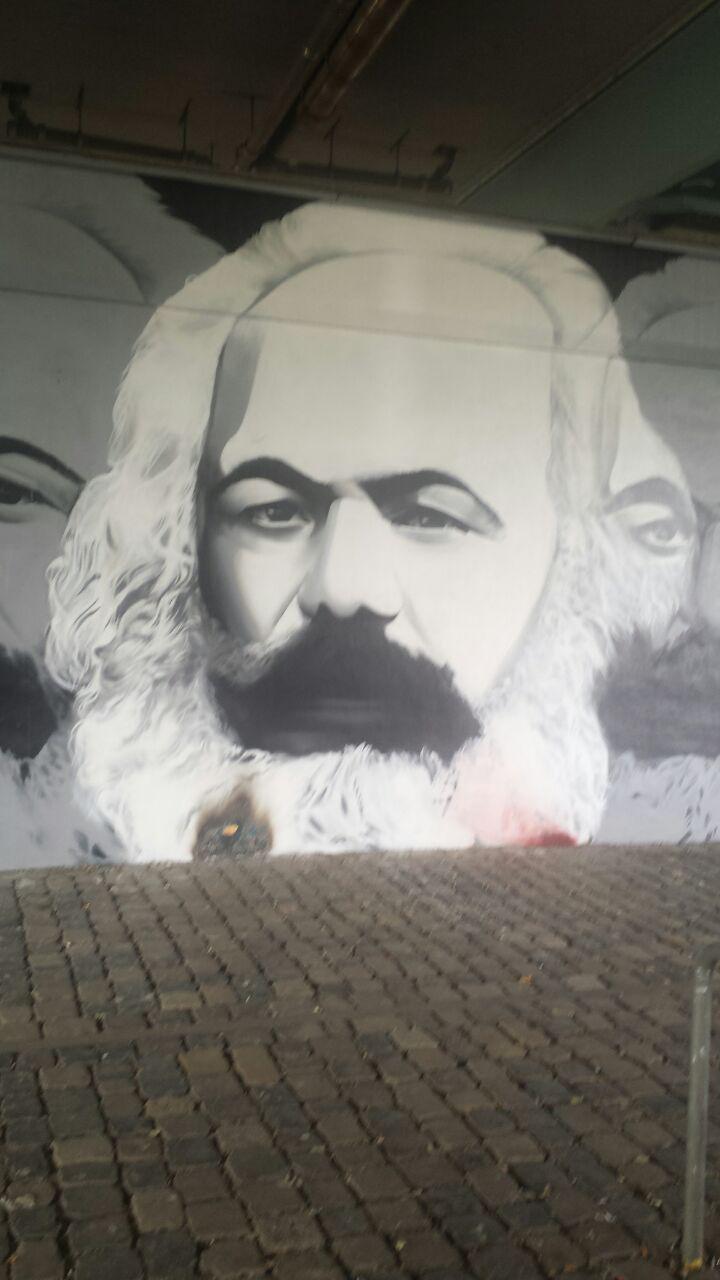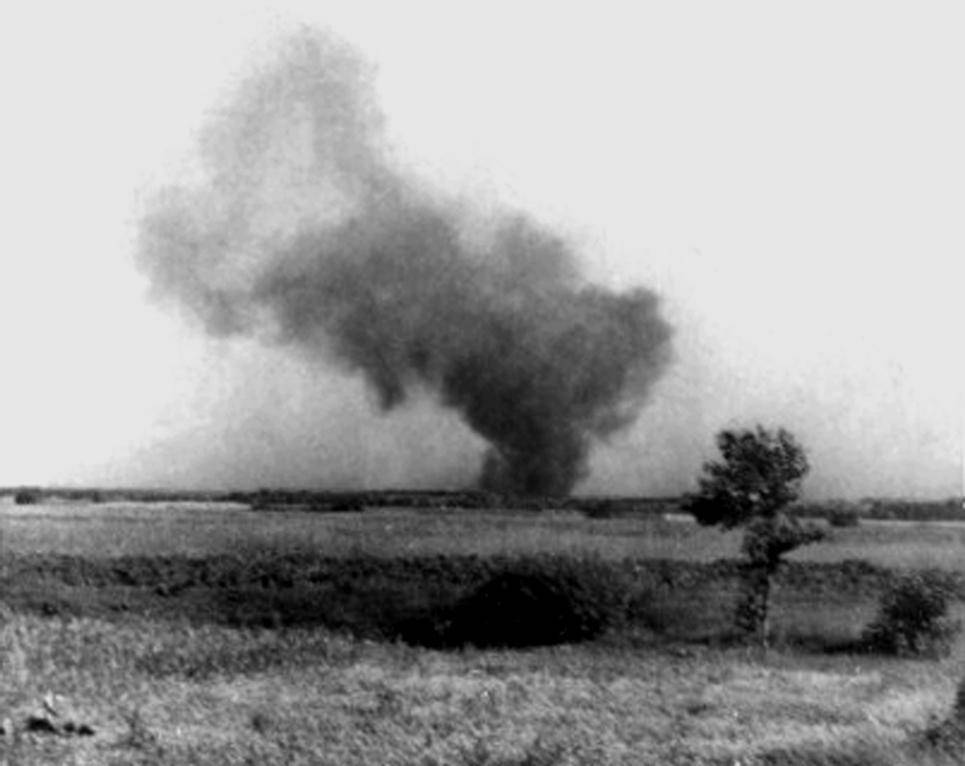Key points on Bichler/Nitzan’s text “Capital as Power”
At first glance, it would appear that Deleuze’s concept of structure involves a complex form of so-called creorder, a term that appears at the forefront of the methodological findings of the economists Bichler/Nitzan. (Cf. Bichler/Nitzan 2009) If the structure is […]
Key points on Bichler/Nitzan’s text “Capital as Power”











